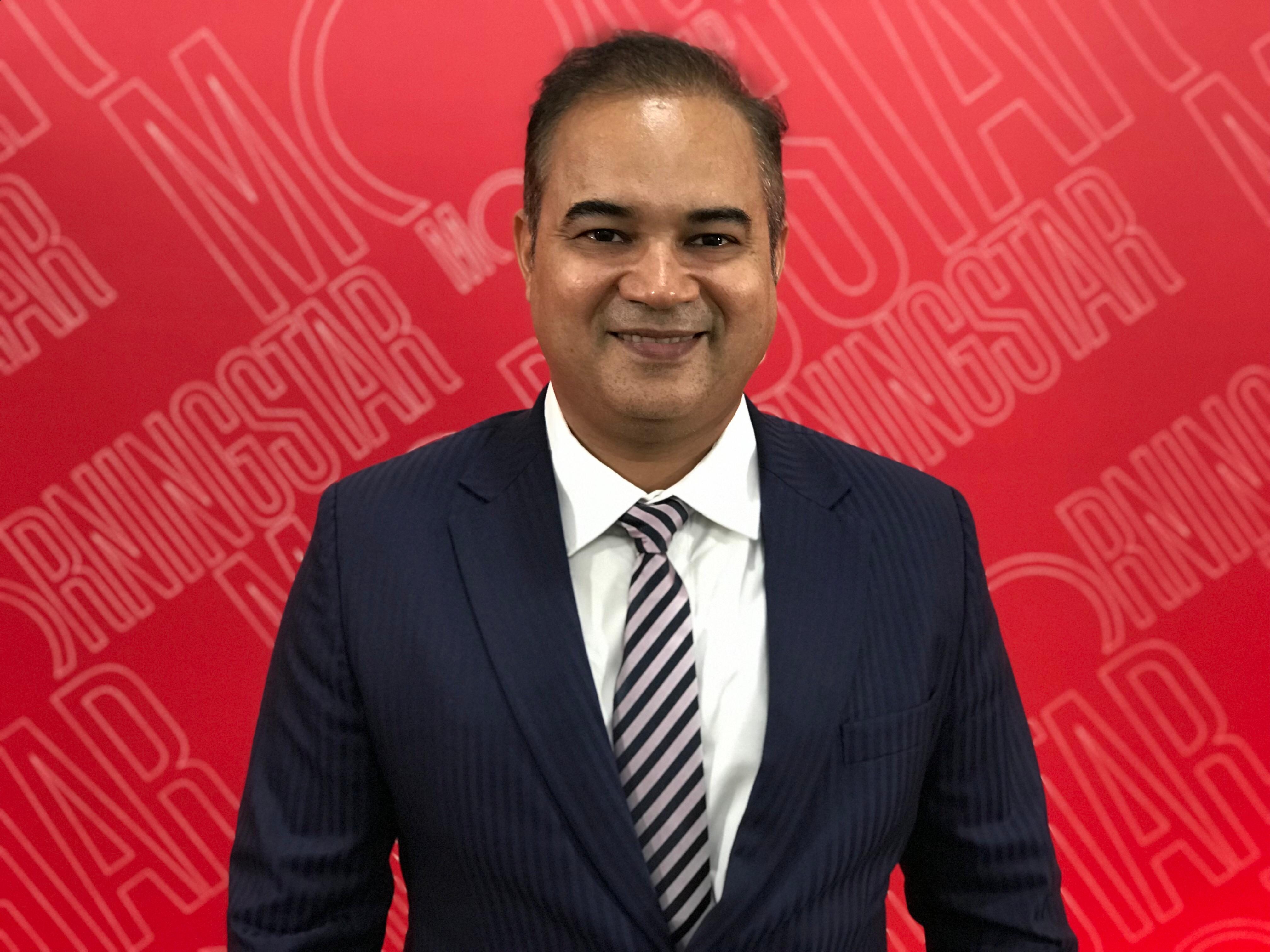
Aequitas Investment Consultancy Pvt. Ltd. holds 80% of its assets under management in cash amid a deadly combination of high valuations and tepid economic growth, according to its managing director.
The asset management company's cash levels have gone upwards of 80%, Siddhartha Bhaiya told NDTV Profit in a televised interview on Thursday. "We just don't find opportunities to invest." The valuations are high, growth rate has come off and there is "absolutely no reason" to own stocks, he said.
The fund house was "very worried" about five to six months back as there were far too many excesses on the valuation front, he said. "So much so that valuations were at a level that I have never read in history."
The biggest call on valuation was when the market cap to GDP hit 150% after the election. "Typically when this happens, it tells that everything good is priced into the market, and the last time it hit the level was in 2008."
Aequitas Investment Consultancy held Rs 2,841.5 crore in equities and Rs 351.45 crore in mutual funds in the beginning of this year, according to the data from the Securities and Exchange Board of India. However, the allocation reversed in October with Rs 454.9 crore in equities and Rs 2,551.7 crore in mutual funds, which could potentially be in liquid funds.
Now there is a "very deadly combination" with high valuation and tepid growth, he said. "September quarter results season was anything but a disaster." There is a bigger froth brewing in the small and mid-cap space and valuations globally are at a fraction of what they are in India, he says.
Nifty corrected by 11.1% from the recent peak, while the mid-and small-cap indices corrected by over 11% and 10%, respectively.

(Image Source: Vishal Patel / NDTV Profit)
Derivatives Surge Triggers Urban Consumption Slowdown
The managing director of assets under management worth over Rs 3,000 crore linked the surge in weekly options trading to a slowdown in urban consumption.
"I see Zomato and Uber guys trading in options and the SEBI data shows that they lost money." The first seven months' losses would have been much higher as volumes are much higher during the period, he said.
There is a wealth flow from the masses to a select few high net worth individuals and algo traders as a result of option trading, Bhaiya said. The whole idea of derivatives was to provide hedging but "there is no hedging and only pure gambling."
Bhaiya doesn't see the need for even one weekly expiring contract for futures and options due to the wealth drain it has led to.
'Multi-Bagger Creation Requires Blood On Streets'
There has to be blood on the street if investors need to make multi-baggers, the managing director said. "I want to see blood on the street. That's where you make multi-bagger."
Aequitas Investment Consultancy made a lot of money in small and mid-caps from March 2020 and over the last 11 years, he said. "We will evaluate the facts. If the economy were to turn around we would change our stance, but at this point, valuations don't justify amid challenging growth."
The first half of the year was a disaster as far as government spending in capex is concerned, Bhaiya said. "Even if it picks up in the second half, the base is still going to have an impact." The biggest bottleneck for government spending is the availability of labour and "there is only so much that we have."
"Let's not assume that we can make up for what we did last year," he said. It will be "very very difficult" and even though growth will come back sequentially, it will be very difficult to show year-on-year growth, he said.
The peak of government revenue is behind us; securities transaction tax goes down with weekly options, capital gains tax has peaked, and corporate tax is going to go down because of lower profitability, he noted.
In the long term, "I'm very very bullish on India" and in the short term markets will see corrections, he said. "When there is blood on the street we will be the ones buying stocks."
Watch the full conversation here:
Essential Business Intelligence, Continuous LIVE TV, Sharp Market Insights, Practical Personal Finance Advice and Latest Stories — On NDTV Profit.























